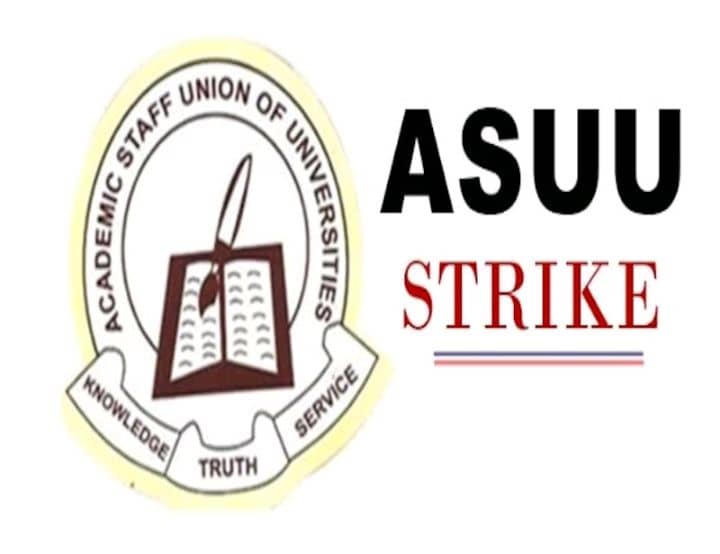The Academic Staff Union of Universities (ASUU) has threatened to go on strike if the Nigeria Tax Reform Bill 2024 is implemented. The bill plans to phase out TETFund, the primary source of funding for tertiary educational institutions.

ASUU National President, Professor Emmanuel Osodeke, warned that phasing out TETFund would make education unaffordable for the poor and force public tertiary institutions to increase tuition fees.
The proposed bill has sparked a heated debate about the future of tertiary education in Nigeria, with ASUU and other stakeholders urging the government to reconsider the plan.
Also, ASUU issued a stern warning to the government that read: Implement the proposed tax reform bill, and face a nationwide strike.
For decades, TETFund had been the lifeblood of Nigeria’s tertiary education system, providing critical funding for infrastructure development, research, and academic programs.
But the proposed tax reform bill threatened to change all that. The bill, currently before the National Assembly, planned to phase out TETFund by 2030.
The implications were dire: reduced funding for tertiary institutions, decreased quality of education and research, and a potentially devastating impact on the country’s development goals.
Only Source Of Funding
ASUU National President, Prof. Emmanuel Osodeke, was adamant that the union would not stay quiet while the government undermined the tertiary education system.
“TETFund is the only source of funding for tertiary institutions,” Osodeke declared. “Without it, our universities will struggle to survive.”
The Senior Staff Association of Nigerian Universities (SSANU) was equally opposed to the bill.
SSANU National President, Mr. Mohammed Ibrahim, urged the government to conduct broader consultations and seek input from experts before implementing the bill.
“The government should not rush into implementing a bill that will have far-reaching consequences for our tertiary education system,” Ibrahim warned.
Have You Read: 10 Ways Tax Reform Bills Will Enrich States
As the standoff between the government and the unions continued, students and staff are waiting anxiously to see what would happen next.
Would the government heed the warnings of ASUU and SSANU, or would it press ahead with the proposed bill?
One thing was certain: the fate of Nigeria’s tertiary education system hung in the balance. The storm brewing in the education sector threatened to have far-reaching consequences for the country’s development goals.
Only time would tell if the government and the unions could find a way to navigate the crisis and ensure a vibrant and sustainable future for Nigeria’s tertiary education system.

